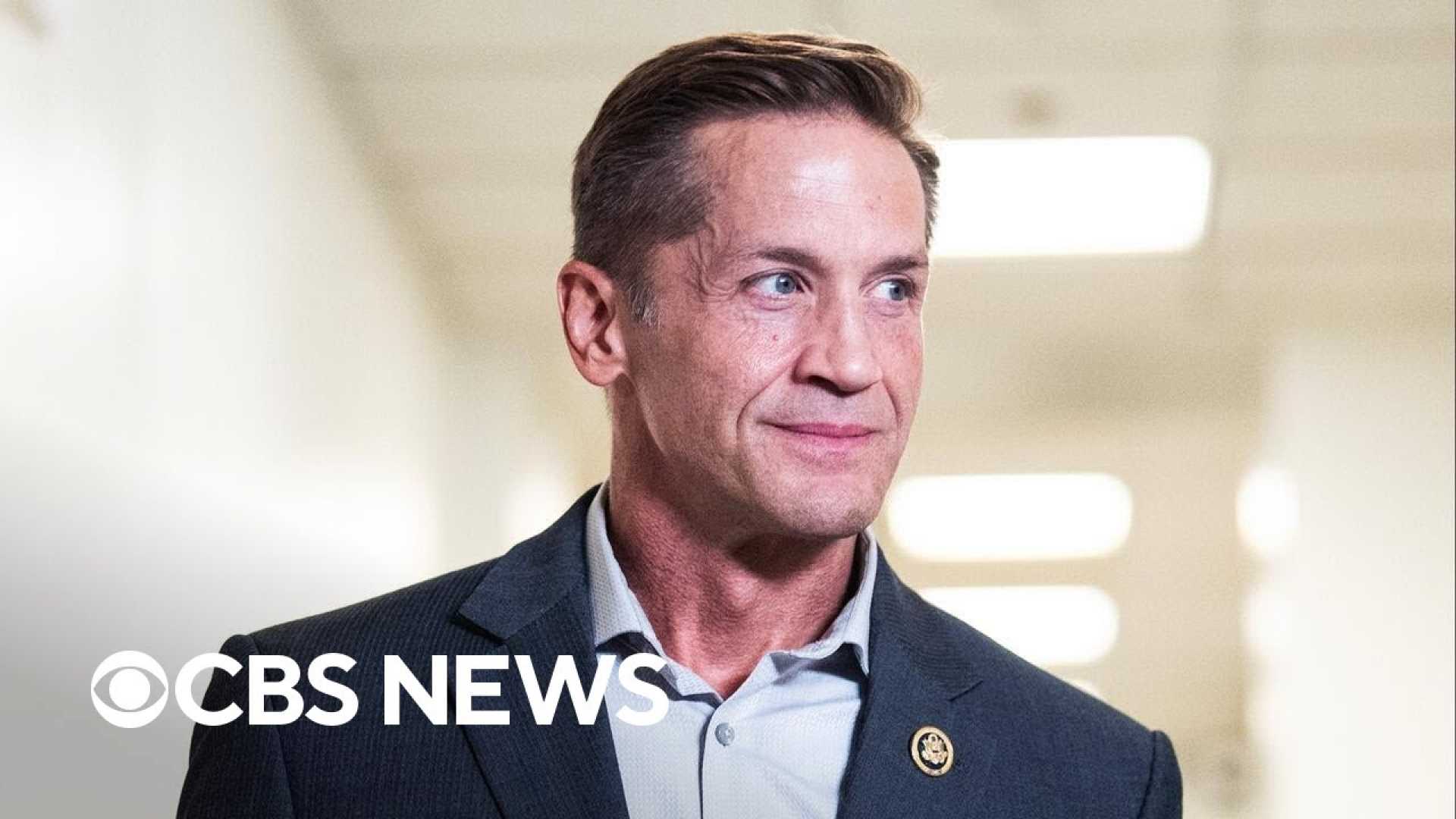Politics
Republicans Avoid In-Person Town Halls Amid Rising Confrontations

WASHINGTON — Congressional Republicans are increasingly opting out of in-person town halls following a series of confrontational incidents that gained widespread attention. At a closed-door meeting on Tuesday, Rep. Richard Hudson, R-N.C., chair of the National Republican Congressional Committee, expressed to fellow lawmakers that there are more effective ways to engage constituents than through traditional town halls.
Hudson’s comments echo sentiments from 2017 when lawmakers faced similar backlash during public meetings. He emphasized that technology could help lawmakers connect with constituents without the potential for disruption by what he termed “professional protesters.” During the meeting, Hudson stated, “Chairman Hudson opposes attention-seeking Move On and Indivisible activists hijacking these events,” according to his communications director, Will Kiley.
In a separate conversation with reporters, Hudson claimed, “In-person town halls are no longer effective because Democrat activists are threatening democracy by disrupting the actual communication at town halls.” While some Republican lawmakers have previously encouraged their supporters to attend these gatherings, the influence of initiatives on attendee behavior remains unclear.
Later on Tuesday, House Speaker Mike Johnson, R-La., supported Hudson’s position by urging members to engage with constituents through telephone town halls or smaller meetings. “Why would we give them a forum to do that right now?” Johnson asked, referring to perceived disruptions by activists. He continued, “The best thing that our members can do is communicate directly, frequently, consistently with their constituents, and there are other avenues to do it.”
Hudson’s and Johnson’s comments represent a broader trend among Republican leadership, who have raised concerns about participating in open forums. A Republican aide indicated that party leaders have advised lawmakers to consider alternatives such as tele-town halls or vetting event attendees as a means to reduce the risk of confrontations.
This past weekend, Sen. Roger Marshall, R-Kan., experienced significant criticism during a town hall held in Kansas, where attendees expressed anger regarding staff reductions at the Department of Government Efficiency (DOGE). Videos taken by audience members depicted boos and jeers aimed at Marshall as he defended the agency’s actions and argued that employees had been properly vetted.
Participants in the town hall voiced concerns over job cuts that disproportionately affected veterans, who make up approximately 30% of the federal workforce. As Marshall departed earlier than scheduled, attendees expressed their discontent with his exit.
Rep. Keith Self, R-Texas, also faced backlash during a town hall over the weekend, with attendees vocalizing their criticisms and chanting phrases like “Vote you out.” In this instance, the local GOP attributed the demonstration to Democratic organizers, but the political affiliations of those present were not definitively established.
Critics of the Republicans’ strategy argue that avoiding in-person events is counterproductive. Viet Shelton, spokesperson for the Democratic Congressional Campaign Committee, remarked, “So House Republicans’ political strategy is ‘see no families nor workers,’ ‘hear no protesters,’ ‘speak to no one.’” Moreover, Democratic National Committee Chair Ken Martin accused Marshall of evading constituent dialogue, adding, “It comes as no surprise that Republicans like Roger Marshall are hiding from their own constituents.”
Former President Donald Trump also weighed in on the discussion, claiming via social media that disruptions were being caused by paid protestors. Marshall later echoed Trump’s unsubstantiated claims regarding the motivations of attendees.
As the debate continues, selected Republican lawmakers such as Rep. Lauren Boebert, R-Colo., are fully embracing virtual town halls, citing security concerns. Contrastingly, others maintain their commitment to organizing in-person town halls despite disruptions, with Obernolte’s office characterizing the Yucca Valley incident as an “anomaly,” noting other district meetings have been more effective and constructive.












